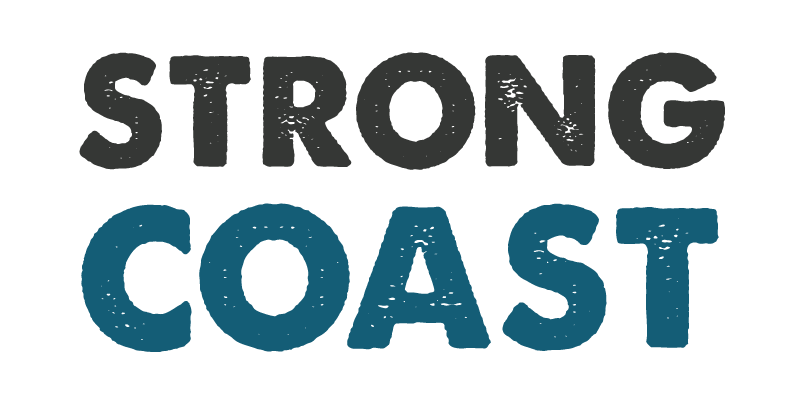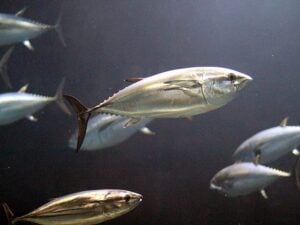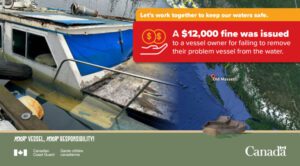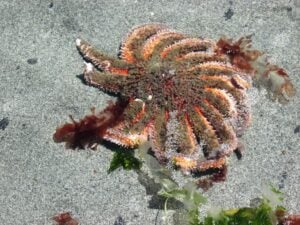
“I have to take into account the plight of wild salmon, which are in a state of serious decline.”
Federal Fisheries Minister Joyce Murray
DFO’s decision to shut down 15 open-net Atlantic salmon farms off British Columbia’s Discovery Islands marks a significant turning point in the long-standing debate over fish farms in Canada. Fisheries Minister Joyce Murray, in her announcement, emphasized the need to protect wild fish populations, particularly wild salmon, which have been in decline.
What’s Up With Fish Farms?

The Discovery Islands are crucial for wild salmon migration, where narrow passages increase the likelihood of interaction between wild and farmed salmon. Scientific studies have raised concerns about the risks these fish farms pose to wild salmon, including the potential transfer of diseases and sea lice. This uncertainty has led the government to adopt a precautionary approach to managing salmon farming in the area.
This move has been met with support from advocates who have long argued that fish farms are detrimental to the health of wild salmon. The decision aligns with the federal government’s mandate to Fisheries Minister Joyce Murray, which includes developing a plan to transition away from open-net salmon farming in BC waters by 2025 and to introduce Canada’s first Aquaculture Act.

The plan to shut down these fish farms is part of a broader effort to safeguard wild salmon populations, which face multiple stressors, including climate change, habitat degradation, and various forms of harmful fishing practices. The economic implications of these threats are drastic. If wild salmon populations continue to decline, local economies and ecosystems will continue to be negatively impacted.
This decision represents a balance between ecological responsibility and economic considerations, a move that could redefine the future of fish farming and wild salmon in British Columbia.
Read this CBC article for more.




